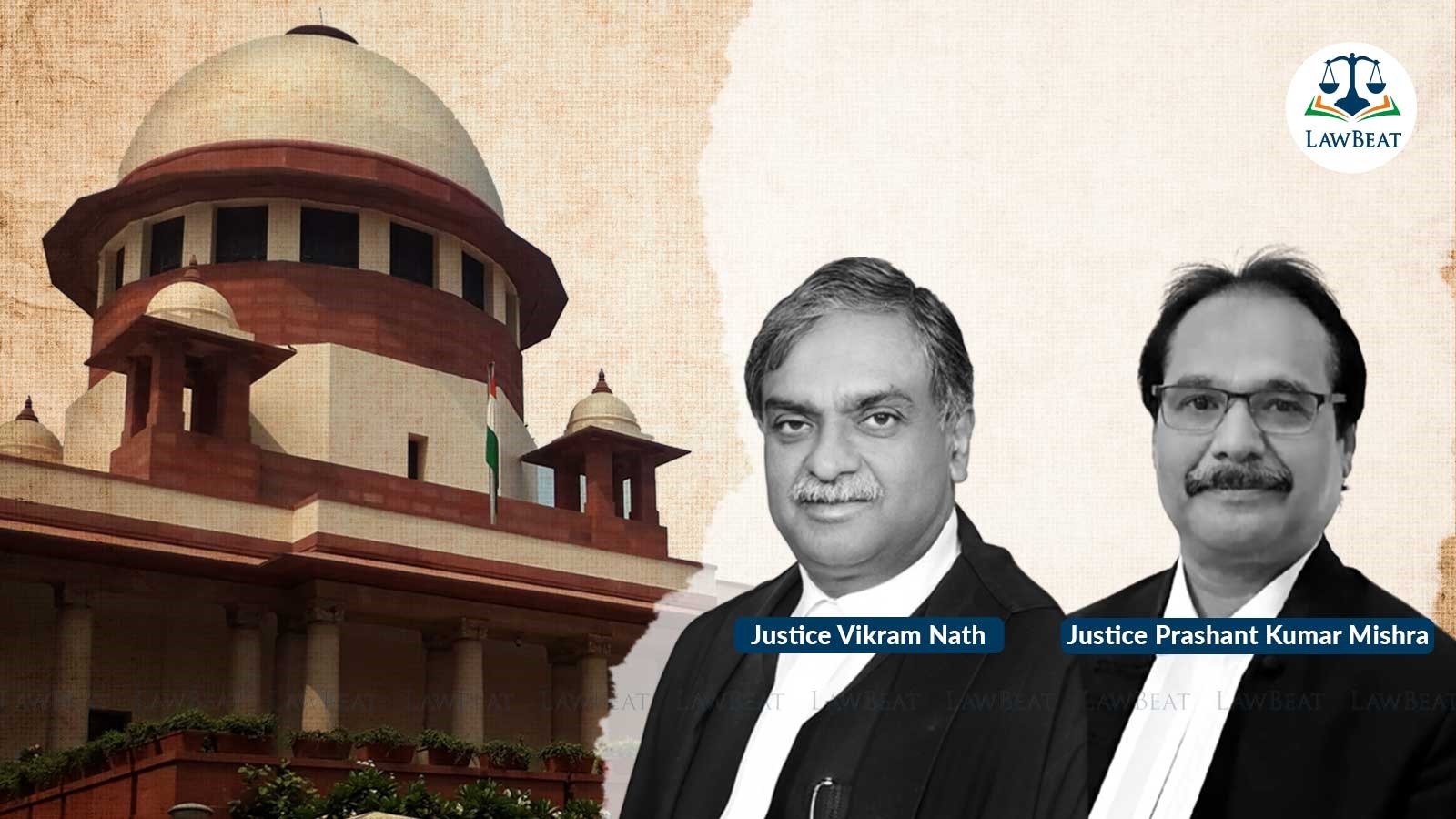'More than 10-yr of marriage': SC allows man's plea to undergo potency test on wife's claim of non-consummation

While allowing the man's plea, the Supreme Court said that the high court had not assigned any cogent reason as to why the husband could not be sent for a potency test
The Supreme Court has on April 5, 2024 allowed a man to undergo potency test as his estranged wife sought divorce after more than seven years of matrimonial alliance, alleging their marriage could not be consummated due to his impotency.
A bench of Justices Vikram Nath and Prashant Kumar Mishra modified the high court's order partly and allowed the trial court's order of June 27, 2023 only to the extent that appellant husband would undertake the medical test to determine his potency.
"Let the test be conducted in the manner indicated by the trial court within a period of four weeks from today and the report be submitted within two weeks thereafter," the bench said.
The matter before the court arose in an appeal against the common order of November 28, 2023 by the high court in civil revision petition, setting aside the order of June 27, 2023 by the trial court.
The couple got married on July 23, 2013 at Chennai.
Thereafter, they agreed to move to the United Kingdom where they stayed together happily for seven-and-half years. After they returned, they stayed together in a residential property belonging to the wife’s father.
However, upon disputes being cropped, they separated in April, 2021 and since then, it was alleged by the husband that the wife neither joined his company nor responded to any communication or messages sent by him.
The husband filed an application under Section 9 of the Hindu Marriage Act, 1955 before the Additional Principal Family Court at Chennai, seeking restitution of conjugal rights.
The wife subsequently preferred a petition for grant of decree of divorce under Section 13(1) (ia) of the Act, 1955 on the ground that the marriage between the parties had not been consummated because of the husband’s impotency.
The husband then filed an application under Section 45 of the Indian Evidence Act, read with Section 151 of the Code of Civil Procedure, 1908 for subjecting himself to undergo potency test. He also sought a direction for referring the wife for fertility test and psychological and mental health test for both the parties.
The trial court allowed the interim applications on the condition that a competent medical board shall be constituted by the Dean, Rajiv Gandhi Government General Hospital, Chennai to conduct the subject tests for both the parties and the report of the medical board be sent to the court through the advocate commissioner in a sealed cover.
Both the parties were directed not to reveal the result of the tests to any third party and maintain complete secrecy.
The wife, however, approached the high court, which allowed the revision petitions.
In his arguments, the husband contended that when he was willing to undergo potency test, there was no reason why the high court should set aside the entire order. His counsel cited 'Sharda Vs Dharmpal' (2003) case.
On the contrary, the wife's counsel submitted when she was not willing to undergo any test be it a fertility test or mental health check-up, she could not be compelled to undergo such tests.
The bench, on its part, said, "While allowing the revision petitions preferred by the wife, the High Court has not assigned any cogent reason as to why the husband cannot be sent for potentiality test."
The court noted that instead of dwelling on the contentions of the parties qua the merits of the interim applications decided by the trial court, the high court focused on the conduct of the parties which was not at all germane for deciding the issue as to the validity of the order passed by the trial court.
"Considering the fact situation of the present case, we are satisfied that when the appellant/husband is willing to undergo potentiality test, the High Court should have upheld the order of the Trial Court to that extent," the bench said, modifying the high court's order.
